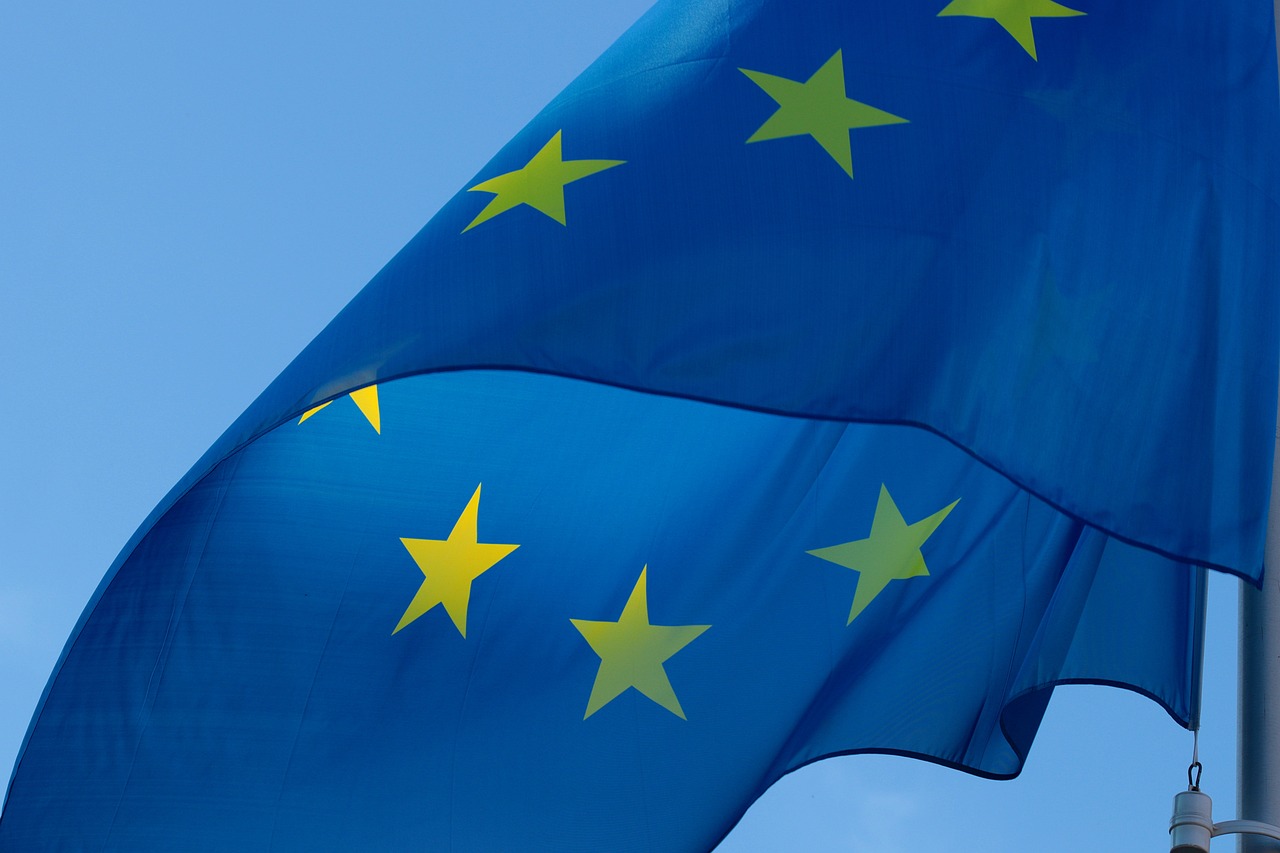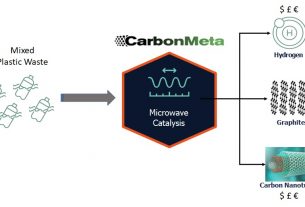Belgium – Nel and more than 20 other prominent businesses urged the EU to assist the creation of a truly European renewable hydrogen value chain in a letter submitted to Ursula Von der Leyen, president of the European Commission, on January 31, 2023.
Prior to the European Commission’s communication on the “Green Deal Industrial Plan,” the letter was made public.
In the letter, it is emphasized how crucial it is to protect industrialization and guarantee fair playing conditions for European producers. A total of €10 billion in public funding from the EU has been made available for renewable hydrogen projects, however some of the funds have gone to rivals outside of Europe.
“Reflecting our collective ambition to become the world leaders in renewable hydrogen, the EU and its Member States have made great efforts and have committed significant financial capital, most recently through the IPCEI scheme. However, European money is finding its way into the hands of non-European based competitors. Already, the first electrolyser project with stacks made in China has been installed in Europe. We need to ensure that future funding mechanisms such as the EU Sovereignty Fund and/or the Hydrogen Bank support the development of the electrolyser manufacturing industry in Europe. EU tax-payers money ought to be reinvested in Europe for the benefit of Europeans,” the letter states.
Electrolyser manufacturing
The expansion of the European electrolyser manufacturing industry and job creation are in need of support from EU legislators.
“Now more than ever, we need to maintain European technological leadership in electrolysers to ensure energy security and industrial competitiveness. We must learn from previous lessons such as the case of the solar industry. Our EU hydrogen policy is as much about energy security and climate policy as it is about industrial policy,” the companies wrote in the letter.
The letter further requests that the European Commission take into account environmental, social, and governance (ESG) factors as well as European norms when creating new funding tools and pre-qualification standards. Additional suggestions include that projects should greatly support the creation of jobs and centers of excellence and incorporate environmental standards like recycling commitments and CO2 footprint.




